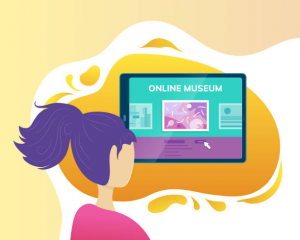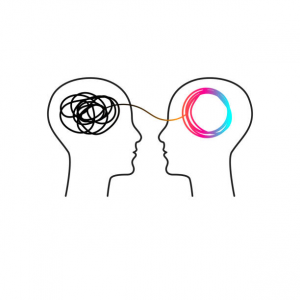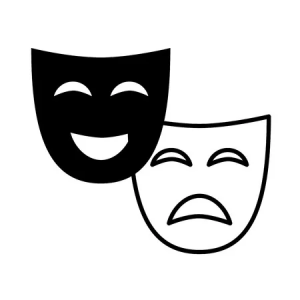
[iStock]
History is fun.
No, truly! It is like a thrilling tale of stories about trust and deception, adventure and exploration. Though, your students may beg to differ.
Some of them might think that History is learning about important dates, events, and dead people. So as tutors, it can be tough trying to convince them to study and pay attention during lessons.
Here are some ways to help you make your History lessons engaging, fun, and interactive. Let us explore some of these methods and tactics!
Virtual Field Trips

[iStock]
Ever since the pandemic, a lot of the excursions and field trips that we could have had are no longer available. But thankfully, virtual tours are available to us now!
There are free-movement 3D walking tours, zoom guided tours, and even recorded videos of the spaces! So tap into that! Do this by accessing Google Maps, or on websites that offer a free interactive panorama view for you and your student to take part in.
Even better, now you can bring them to locations overseas like Auschwitz, the beaches of Normandy, and even the Anna Frank House!
Make It Relevant

[iStock]
One of the issues that many tutors face is making History relevant to students. Students may feel detached from the events and happenings of the past, making them disinterested in the lessons.
So what do we do? We make it relatable and current, bringing it closer to them.
Make connections between historical figures and people from the present. Compare their actions, policies, and ideologies with your students during your lessons.
Include Videos

[The Verge]
Sometimes, students may find it hard to absorb information during lessons (especially when the lesson covers a particularly dry topic).
So to make lessons engaging and information easier to digest, add videos and let your students watch clips from movies.
Here are some channels that I recommend letting your students watch during your lessons:
1. Ted-ed
2. Horrible histories
3. Oversimplified
4. Crash course
5. History Buff
Add Drama and Role Play

[123RF]
What better way to teach History than to bring it to life!
Act out skits and role-play important events (you can dress up too if you want). Let your students see the events from their textbooks come to life right in front of their eyes! For school teachers, if you are unwilling to act, you can collaborate with drama lessons to let your students act it out instead!
Get them to study up on the event beforehand and do their research, then get them to re-enact the scenarios. This is particularly beneficial if your students are visual and kinesthetic learners.
Bring artefacts
What is role-play without props? These artefacts (or models of them) help to liven up your lessons.
I had a personal experience with this when my teacher during my secondary years brought a model of a musket from World War 1 to our lesson. We got a feel of it, how it was held, how it was loaded, and how heavy it was. And it fascinated us.
By letting your students interact with the artefacts or models, it lets them be in the shoes of the historical figures and participants. Letting them feel how it was like in the past and making the lesson more relatable.
Include Memes

[Reddit]
Using memes during lessons is by no means a traditional teaching method you might have heard of. But doing this makes the information relatable for your student because of the familiar media, emotions, and images.
Memes are memorable which makes it easier for your student to remember information. They are also extremely hilarious, giving both you and your student a good laugh during lessons.
By letting your student create historical memes, not only do they learn to make references, but they also learn through the use of analogy.
Conclusion

[iStock]
As tutors, it is your responsibility to educate and inform your students. But if the lessons are dull and dry, there is no way for them to absorb all of the information that we want to pass on to them.
I hope this article helps you to stimulate your students during your history lessons to make learning enjoyable for them.
JC Students: Should I take History in A-Levels?
Top 5 Reasons Students HATE History – And what you can do to change that
